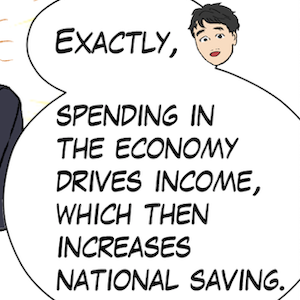Whether real wages have stopped declining depends on how one measures it
For the time being I will continue my Wednesday format where I cover some things that crossed my mind in the last week but which I don’t provide detailed analysis. The items can be totally orthogonal. The latest inflation data for Australia continues to affirm the transitory narrative – dropping significantly over the last month. I will analyse that tomorrow in the context of a recent ECB paper that decomposes the different factors that drove the inflationary pressures across the globe. Today, I consider the basis of a claim by the Australian Treasurer that real wages are now growing. Like many things in statistics, the numbers can say almost anything that you want them to via different ways of measurement and combination. In one sense, the Treasurer is correct. But when we use a more careful method of calculating purchasing power loss, he is incorrect. If the Treasurer was wanting to be really honest with the Australian people he would admit that rather than try to score petty political points against an opposition that has no clue at all. I also consider the role of the US in the on-going massacre of innocent people in Gaza. The US could stop the conflict immediately and the fact that they don’t demonstrates the poverty of the capitalist system in terms of advancing humanity in general. And some old folk music to finish.


